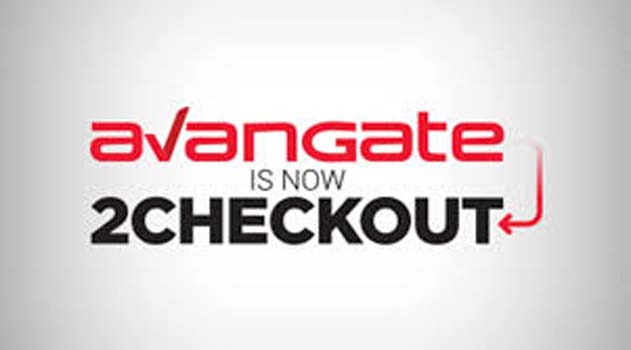Why did Avangate acquire 2Checkout? Were there challenges you were facing that led to this decision?
Primarily for additional flexibility in payments. Payment model flexibility is extremely important for some of our target customers, especially in the subscriptions market where we intend to accelerate our offerings. Avangate was working with a merchant of record model, some of our clients require a combination of ecommerce, subscription billing, and a PSP model which we couldn’t easily offer. With this acquisition, we’ll be able to offer a “pick and mix” flexibility to support each customer’s unique needs. Another reason for the acquisition was the talent in the Ohio-based business, especially on the payments side, given there are many payments and fintech businesses in this town. All in all, we considered a number of strategic options, but we believed 2Checkout was most attractive in terms of time to market and ability to execute. Avangate had been exploring options for expanding capabilities for several months and the two businesses were very complementary.
What does this acquisition mean for Avangate and its customers going forward?
Overall, we are a stronger company with greater growth prospects. This applies to both companies. We anticipate being a leader in the subscription economy and extending our leadership in the ecommerce space in general. For customers it means additional flexibility for their payment models in various markets around the globe: global payment platform for a merchant of record model (currently available), API-driven payment facilitation model, and payment gateway services. It also means Avangate will be able to support digital, subscription and physical goods and services in more than 200 countries and territories, for more than 250 merchant categories.
What advantages will this new partnership give you in the marketplace, especially against big competitors such as Paypal or Stripe?
We already offer considerable value-add compared to PayPal and Stripe. When selling globally online, you need to handle subscription billing, anti-fraud, international and domestic tax handling, shopper support, marketing and merchandising, optimization, and churn prevention. With solutions like Paypal or Stripe, as a vendor, you would have to handle all of these pieces yourself to a great extent, while with a solution like Avangate, we would handle them for you. This means you, the vendor, can focus on your core business and growth. This is one aspect. In addition, the flexibility we will offer our clients to choose as much as or little as they need of the platform is also a differentiator.
What goals do you have for the new combined business in the next year?
In the short term, we will start integration between the 2 platforms and teams in order to bring the best of both solutions to market in an integrated fashion.
Longer term, we will take the leading solutions we have and bring them to market as one cohesive solution: a comprehensive suite of ecommerce, subscription management and payment solutions with the most flexible options of picking and choosing the components used and the payment models offered.
Where do you see the payments/fintech industry going in the next 5 years?
Many trends are driven by the advancements being made in the user experience and buyer preferences. I think we’ll see simplified, frictionless payments and cross-border transfers, further proliferation of mobile payments as well as payments through other devices like smartwatches, and increased security through biometrics authentication.











